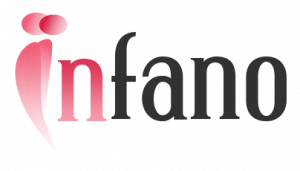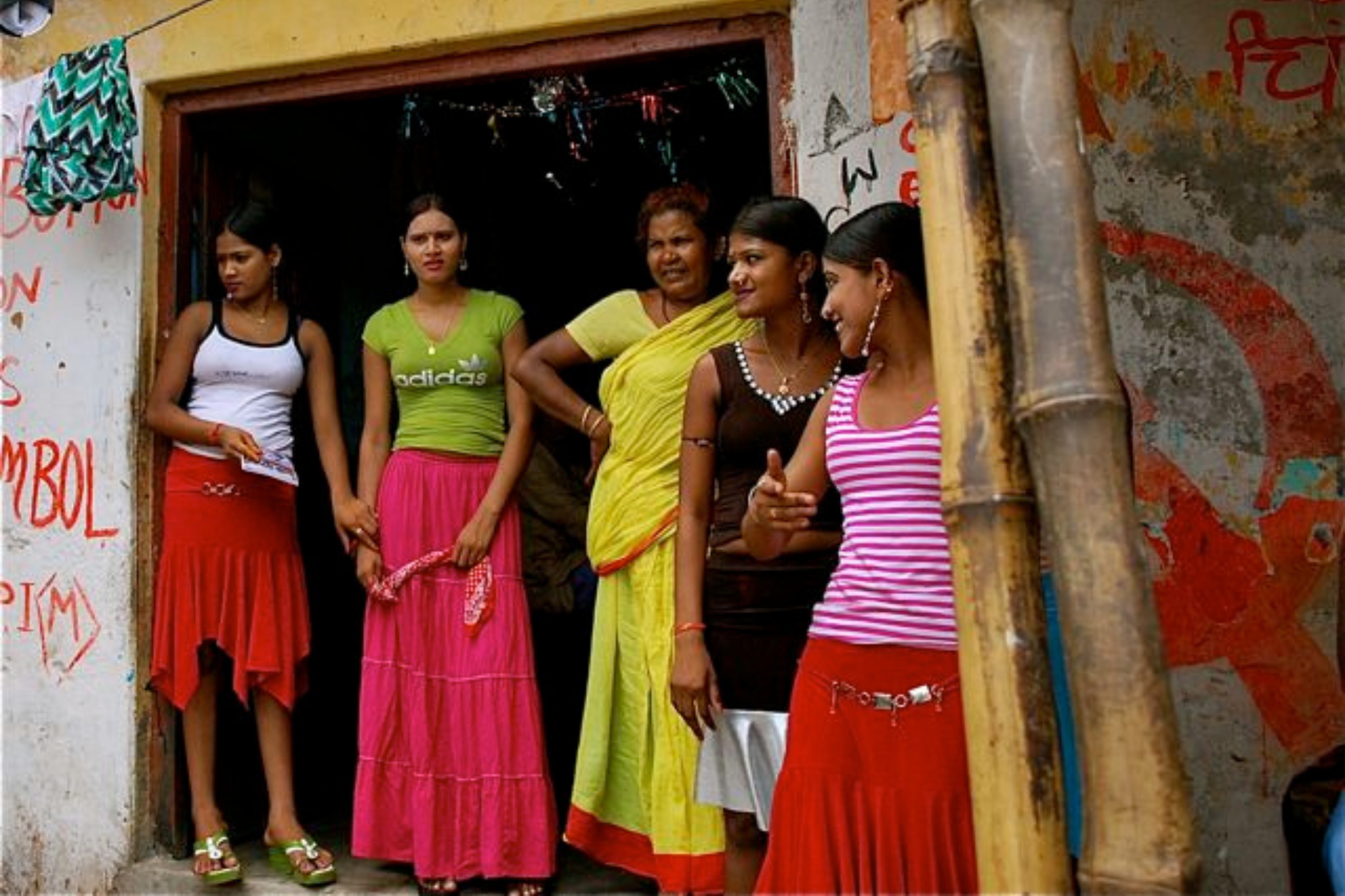In a world striving for gender equality, the financial landscape remains an arena where women often encounter unique challenges. From the notorious “Pink Tax” to the broader disparities in income and investment opportunities, women continue to navigate a financial terrain that is far from equitable. This blog delves into the various dimensions of financial challenges faced by women and explores avenues to bridge the gap, transforming the narrative from the Pink Tax to Pink Cheques.
The Pink Tax Phenomenon
The Pink Tax refers to the extra amount women are often charged for products and services compared to their male counterparts. From personal care items to dry cleaning, women frequently find themselves paying more for essentially the same products or services. This insidious practice not only affects the day-to-day expenses of women but also contributes to a larger financial burden over time. Recognizing and addressing the Pink Tax is a crucial step towards dismantling financial inequalities at the most basic level.

Wage Disparities
Despite significant strides in the fight for equal pay, a gender pay gap persists in many industries. Women, on average, earn less than men for the same work, which hampers their ability to accumulate wealth over time. Closing this pay gap requires a collective effort from governments, businesses, and society as a whole. Implementing transparent pay practices, advocating for equal pay legislation, and fostering a culture of fairness in the workplace are essential steps towards achieving wage equality.
Investment Disparities
Women also face disparities in investment opportunities, contributing to a widening wealth gap. Studies show that women are often more risk-averse when it comes to investing, and they may have less access to financial education. Bridging this gap involves empowering women with financial literacy, providing equal access to investment opportunities, and fostering an environment that encourages women to take control of their financial futures.

The Entrepreneurial Gender Gap
Entrepreneurship is a powerful avenue for economic empowerment, but women entrepreneurs face unique challenges. Access to capital, networking opportunities, and biases in the entrepreneurial ecosystem can hinder women from establishing and growing successful businesses. Initiatives that support female entrepreneurship, provide mentorship, and offer financial resources can help level the playing field.
Work-Life Balance and Financial Planning
Women often bear the brunt of caregiving responsibilities, which can impact their career trajectories and financial stability. Achieving a work-life balance is essential for women to fully participate in the workforce and make informed financial decisions. Policies supporting parental leave, flexible work arrangements, and affordable childcare are instrumental in empowering women to balance career aspirations with family responsibilities.
The journey from the Pink Tax to Pink Cheques requires a multifaceted approach. It involves dismantling discriminatory pricing practices, advocating for equal pay, addressing investment disparities, supporting female entrepreneurship, and fostering work environments that enable work-life balance. By collectively challenging and transforming these financial norms, society can create a more inclusive and equitable landscape where women have equal opportunities to thrive financially. The road ahead may be challenging, but with concerted efforts, we can replace financial obstacles with opportunities, ensuring that women not only break the glass ceiling but also build a solid financial foundation for themselves and generations to come.




















